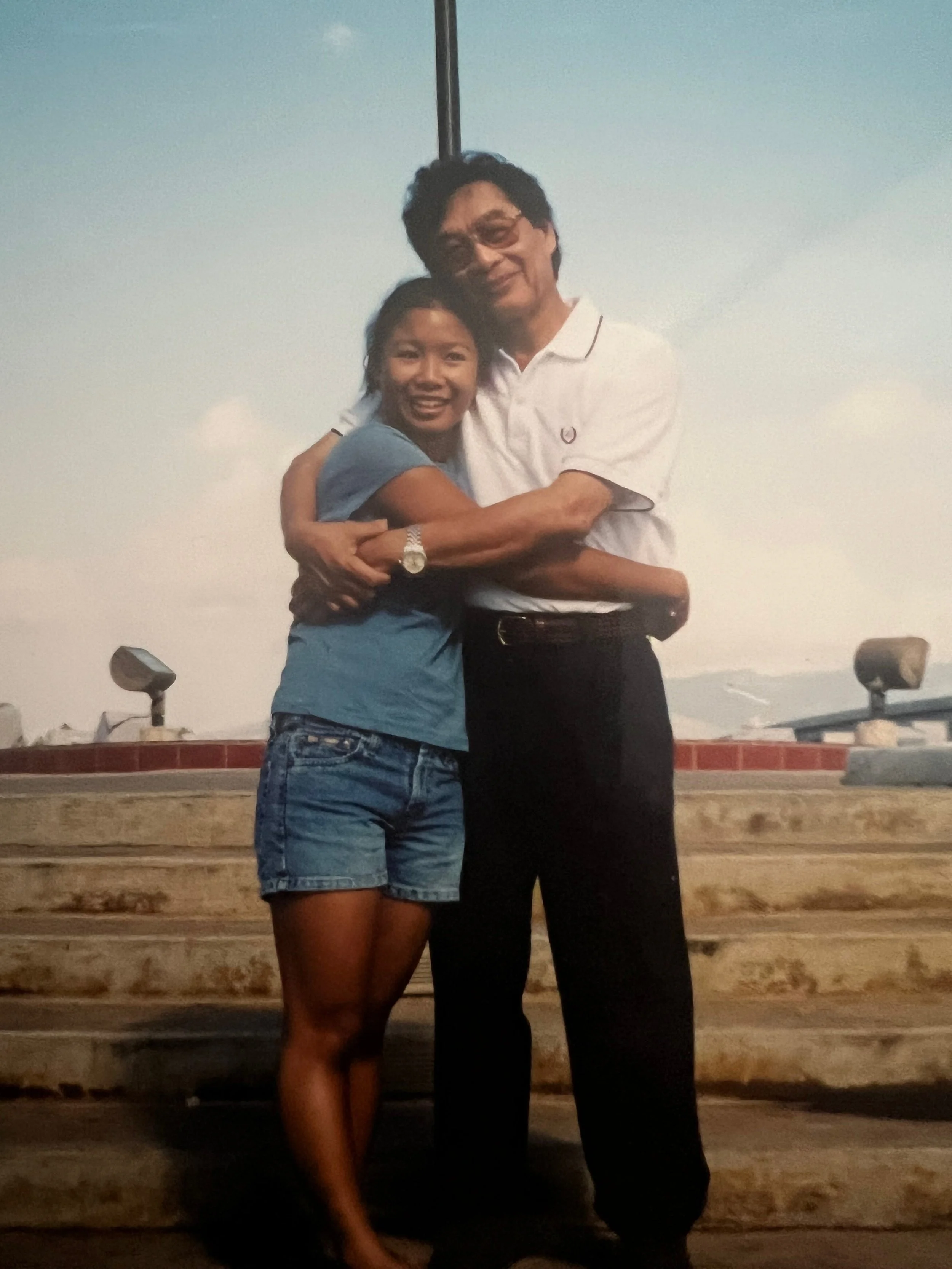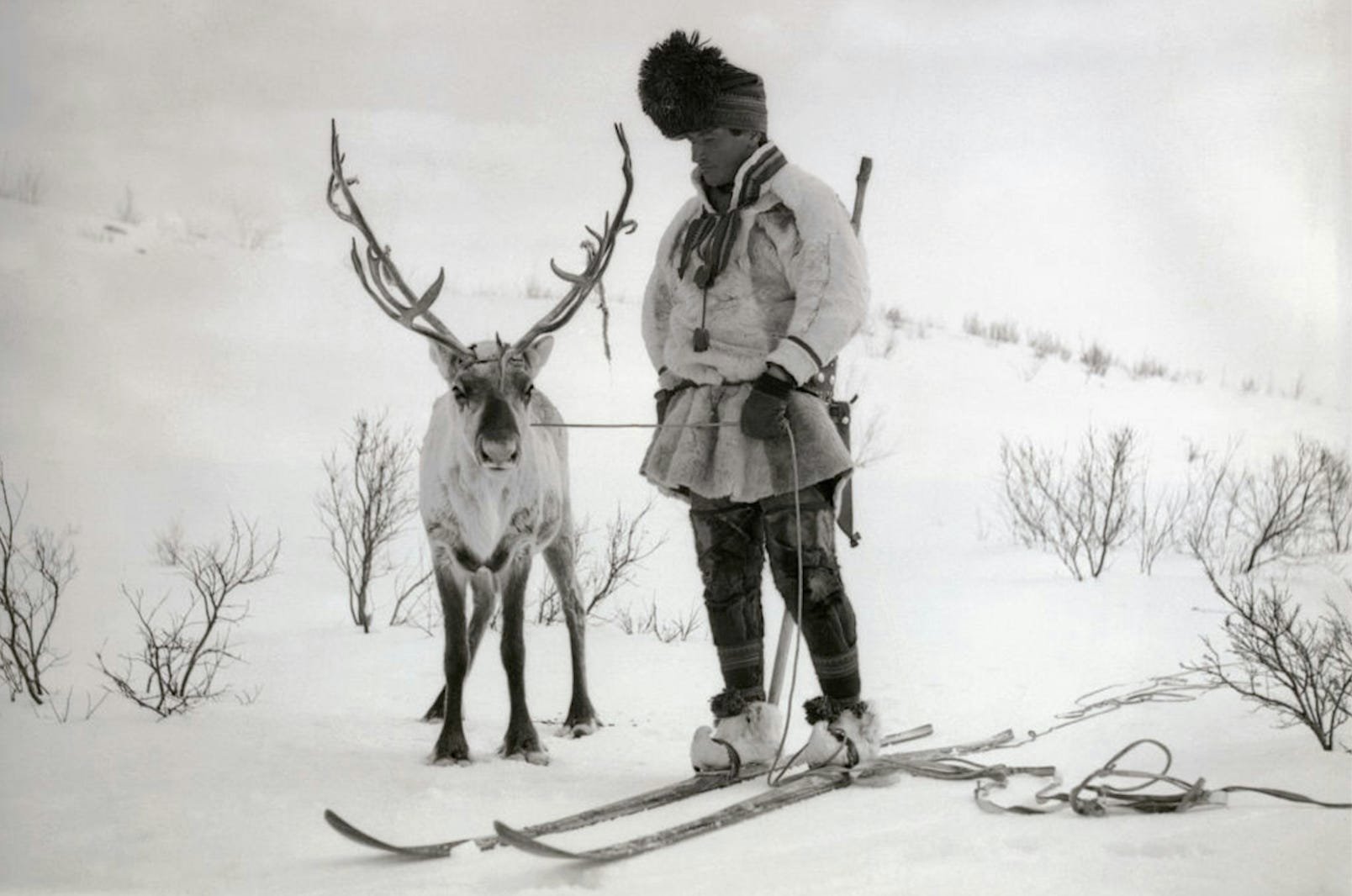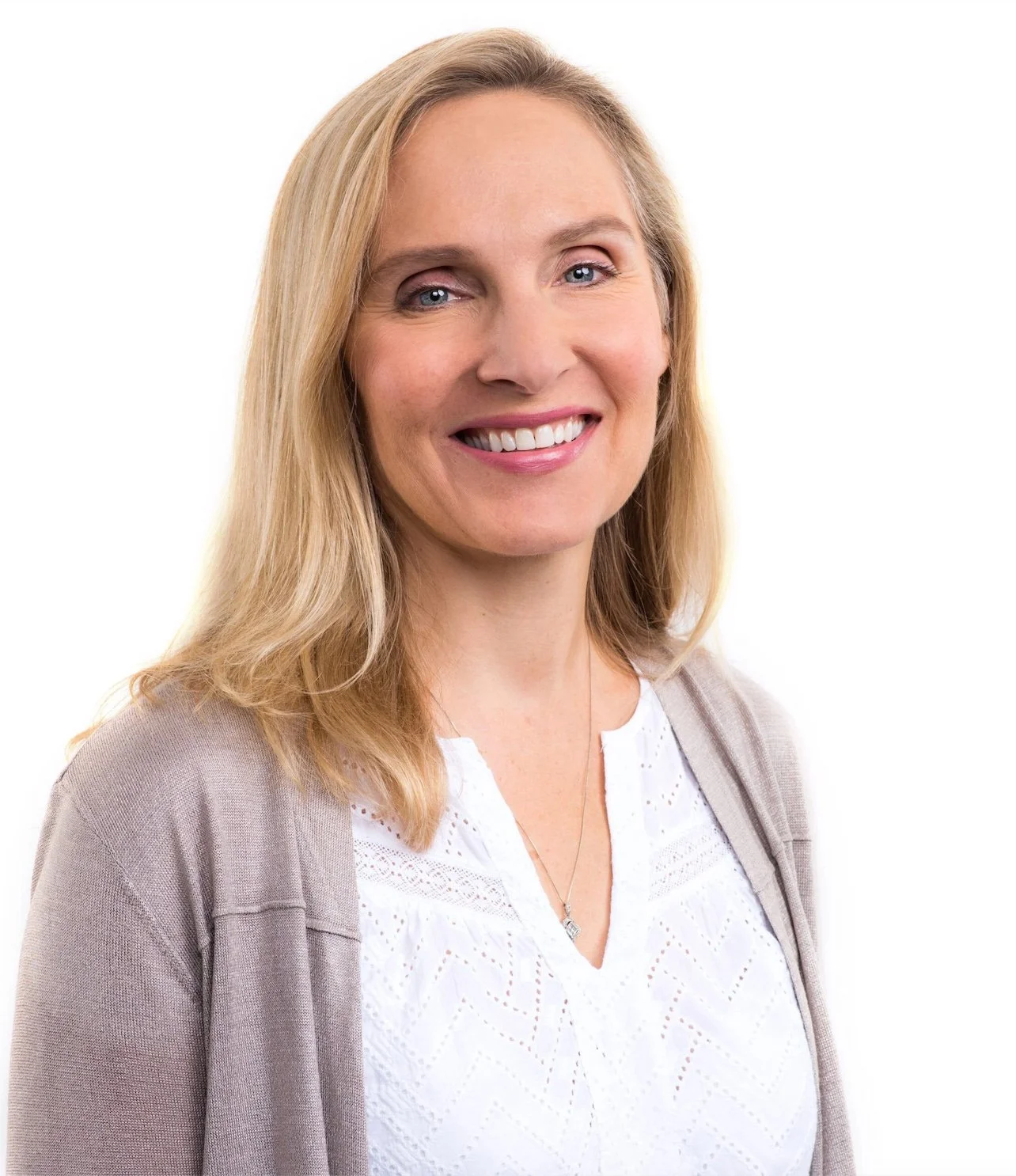This is my 28th year in education (wow, oh my). Up until recently, I’ve been unabashedly pro-college, like most educators. My advice to students was simple and direct: Go to the best college you can get into, because it’ll lead to better life outcomes. Don’t worry, you’ll figure out the finances down the road. But a few years back, I realized that this simplistic message was, for many students, lacking in nuance, and potentially unhelpful. It was certainly informed by my own privilege, college experience, and life trajectory. And it didn’t emerge from listening deeply to my students about their hopes for the future.
This week’s issue is focused on the declining trend of college and the rising trend of career and technical education. I’ve selected four articles for you. They explore:
how even the college-preppiest schools are no longer adamant on college
how economics and politics explain the trend away from college-for-all
how focusing on vocational education may not yield long-term benefits
If you like what we’re doing here at Article Club, and want to support this venture with a paid subscription, I would be very grateful. It’s $5 a month or $36 a year.
Subscribe
➕ Melinda says hi and thank you for your kind words about her inaugural post over at Melinda’s Grief Corner. She’ll be back with another installment this Sunday at 9:10 am PT. Be on the lookout for it! (I’ve seen a draft; it’s great.)
1️⃣ Why Some Schools Are Rethinking ‘College for All’
KIPP is the largest network of charter schools in the country. For most its 31-year history, the organization adopted a no-excuses approach: Every single young person was going to college. It didn’t matter your zip code, your economic status, or your academic skills. College was the way for all.
Not anymore. KIPP is now opening up their definition of success and offering its students post-secondary options that do not involve college. Shavar Jeffries, chief executive of the KIPP Foundation, is cautious about the shift. “We have to be very, very careful, particularly for younger people of color,” he said, suggesting that (white) educators might begin to hold lower expectations for their students.
Also notable: Mr. Jeffries concedes that trends in philanthropy and politics have contributed to the shift in KIPP’s policy.
By Dana Goldstein • The New York Times • 7 min • Gift Link
2️⃣ Saying No To College
Why are Americans losing faith in the value of college? What will happen to our country if this downward trend continues?
Those are questions that author Paul Tough poses in this outstanding article, which I selected as Article of the Month in January 2024. Mr. Tough writes:
For the nation’s more affluent families (and their children), the rules of the higher education game are clear, and the benefits are almost always worth the cost. For everyone else, the rules seem increasingly opaque, the benefits are increasingly uncertain and the thought of just giving up without playing seems more appealing all the time.
For first-generation college students, college is like entering a casino, Mr. Tough writes. It’s great if you graduate — that is to say, if you major in a lucrative field and leave college without big loans to pay off. But many young people and their families are not interested in taking this risk, especially if they’re lukewarm to academics.
➕ Listen to my interview with Mr. Tough, in which he excoriates the inequality of higher education.
By Paul Tough • The New York Times Magazine • 18 min • Gift Link
Melissa Osborne, author of Polished: College, Class, and Social Mobility, quoted in Anne Helen Petersen’s newsletter, “Culture Study.”
3️⃣ Meet The Toolbelt Generation
If you read Mr. Tough’s article above, you may have been startled, as I was, about this statistic: “Among young Americans in Generation Z, 45 percent say that a high school diploma is all you need today to ‘ensure financial security.’ ”
But young people are finding success in careers right out of high school. As a result, more and more high schools are changing their curriculum to promote pathways in career and technical education. Author Windsor Johnston writes, “With the use of artificial intelligence on the rise, many Gen Zers see manual labor as less vulnerable to the emerging technology than white-collar alternatives. They also say vocational schools are a straight path to well-paying jobs.”
By Windsor Johnston • NPR • 4 min • Gift Link
4️⃣ ‘Retirement Is A Distant Dream’
I fully understand that for many young people, pursuing a career that does not require college is the right choice. But I worry that the labor industry will continue to shift, especially given the acceleration of technology, leaving some people stuck in jobs (or losing jobs) without the flexibility to change fields.
Reading this article by Alana Semuels certainly did not lift my spirits. Ms. Semuels follows Walter Carpenter and other retirees in Vermont who are still working in their 70s, barely scraping by. They’ve worked all their lives doing honest work, but the labor market has not afforded them an opportunity to save. “About 1 in 5 people over 50 have no retirement savings at all,” she writes, and the problem is worsening — “20% of low-income workers had a retirement-account balance in 2007, but oly 10% had one in 2019.”
By Alana Semuels • Time Magazine • 15 min • Gift Link
➕ Here’s the original article with my highlights and annotations.
Thank you for reading this week’s issue. Hope you liked it. 😀
To our 4 new subscribers — including Camille, Sab, and Josie — I hope you find the newsletter a solid addition to your email inbox. Welcome to Article Club. Make yourself at home. 🏠
If you appreciate the articles, value our discussions, and in general have come to trust that Article Club will have better things for you to read than your current habit of scrolling the Internet for hours on end, please consider a paid subscription. I am very appreciative of Kathleen, our latest paid reader. Thank you!
Subscribe
If subscribing is not your thing, don’t despair: There are other ways you can support this newsletter. My favorite two ways right now would be to leave a comment or email me at mark@articleclub.org with your thoughts.
On the other hand, if you no longer want to receive this newsletter, please feel free to unsubscribe below. See you next Thursday at 9:10 am PT.


















